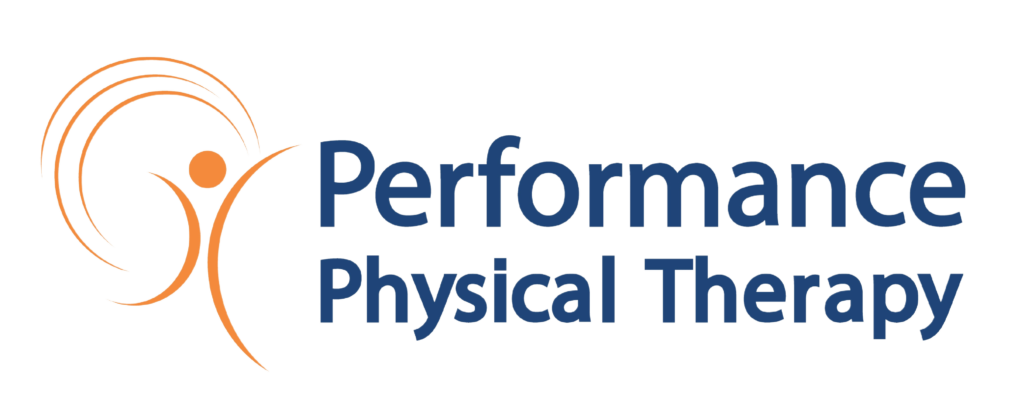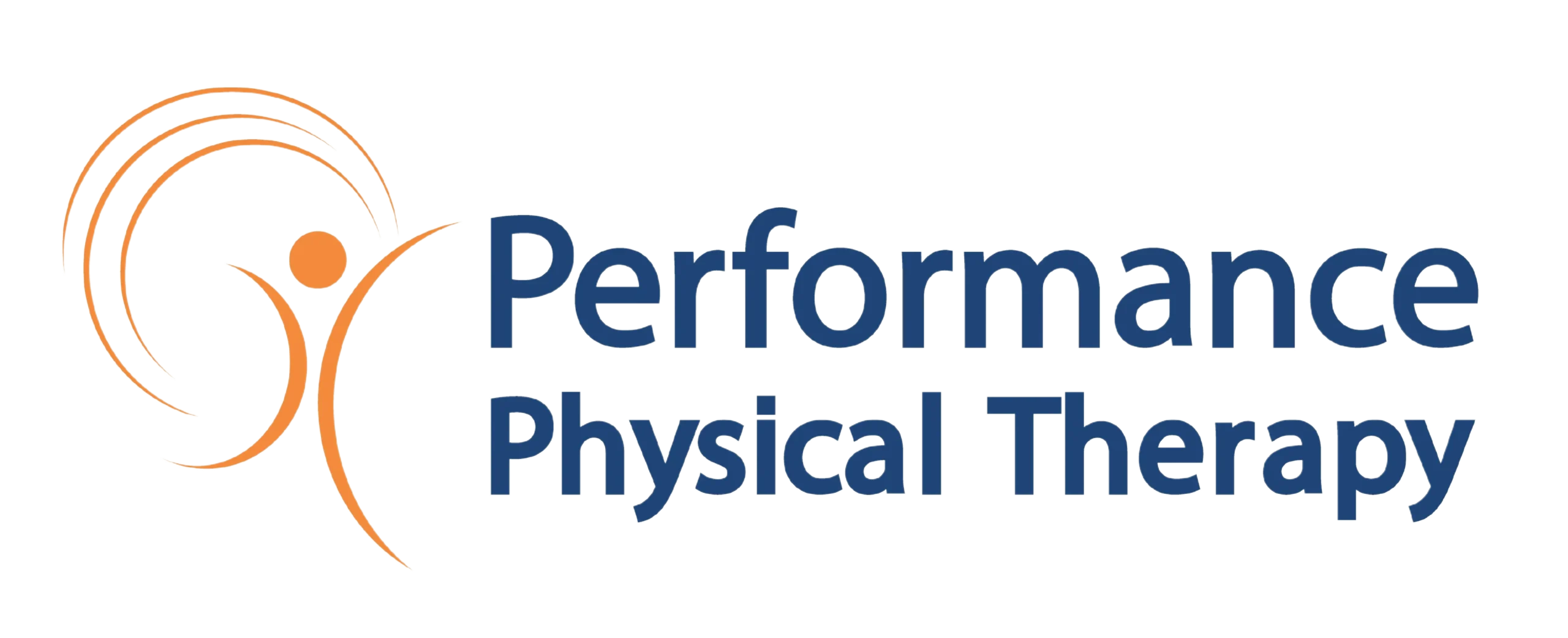If you’ve recently experienced nagging shoulder pain or difficulty reaching the top shelf, you may be suffering from frozen shoulder.
What is Frozen Shoulder?
Adhesive capsulitis, also known as frozen shoulder, is a fairly common condition. Frozen shoulder, as the name suggests, causes extreme stiffness and limited range of motion in the shoulder joint. Typically, the stiffness begins gradually and then worsens. Patients experience pain and have a limited range of motion during this early freezing stage.
The range of motion becomes so limited in the next stage, known as the frozen stage, that patients may be unable to lift their arm above their head. Even though the range of motion decreases, pain typically begins to decrease at this point. Finally, as the shoulder begins to relax again during the thawing stage, range of motion will improve.
Moving through the stages takes time. The freezing stage can last months, and the frozen and thawing stages can take one to three years to return to normal.
Causes
Frozen shoulder has no single cause, but it is more common in diabetics, those with thyroid issues, and patients recovering from ailments that limit arm movement. It can also be caused by a minor injury such as throwing a ball or catching your arm on a wall while walking. Adhesive capsulitis is more common in women than in men, and it most commonly affects patients aged 40 to 60.
Diagnosis
Your doctor can typically diagnose adhesive capsulitis with a physical exam. However, he or she may order imaging tests just to make sure there isn’t something else going on. During your exam, your doctor will ask you to move your arm in different directions to evaluate your range of motion and level of pain. He or she will likely also provide counterpressure, asking you to push against their hands in different directions. This helps identify whether the problem lies in a muscle, tendon, or ligament rather than the shoulder joint. It helps eliminate other common shoulder injuries like a torn rotator cuff.
Treatment
Your doctor may tell you to take a consistent dose of ibuprofen to help with inflammation and pain. Ice and heat can help at home too. Your doctor may also suggest a cortisone shot, which is administered into the shoulder joint capsule.
Movement
Part of the reason your doctor may recommend physical therapy is to keep your shoulder from freezing up in the first place. Doctors commonly recommend range-of-motion exercises that can help keep frozen shoulder from settling in, but if it’s already limiting you, movement is still the best treatment.
Physical Therapy
Improving your range of motion can begin during any stage of frozen shoulder. Your physical therapist will walk you through exercises like the following to improve your range of motion. He or she may also use heat to relax the muscles before stretching and other techniques to help with pain, inflammation, and limited movement.
Wall Walk
Standing a comfortable distance from a wall, place both hands on the wall in front of you. Use your fingers to walk up the wall as far as you can without serious pain.
Shoulder Rotation
Stabilize yourself while leaning forward 90 degrees, allowing your arms to hang naturally. Your shoulder may not allow your arm to hang straight. Regardless, move your hand in a circular motion, increasing the size of the circle as your range of motion improves.
Door Stretch
Start facing the side of a doorway with your elbow bent at 90 degrees and the hand of your affected shoulder pressing against the inside or outside of the door jamb. Then rotate your body away from your arm for a gentle stretch.
Crossover Stretch
Sitting upright or laying on your back, use your unaffected arm to pull your affected arm across your chest. Hold for 10-15 seconds for a deep stretch and release slowly.
If you’re experiencing frozen shoulder, give Performance Physical Therapy a call (302-599-0029) to see how we can help.


